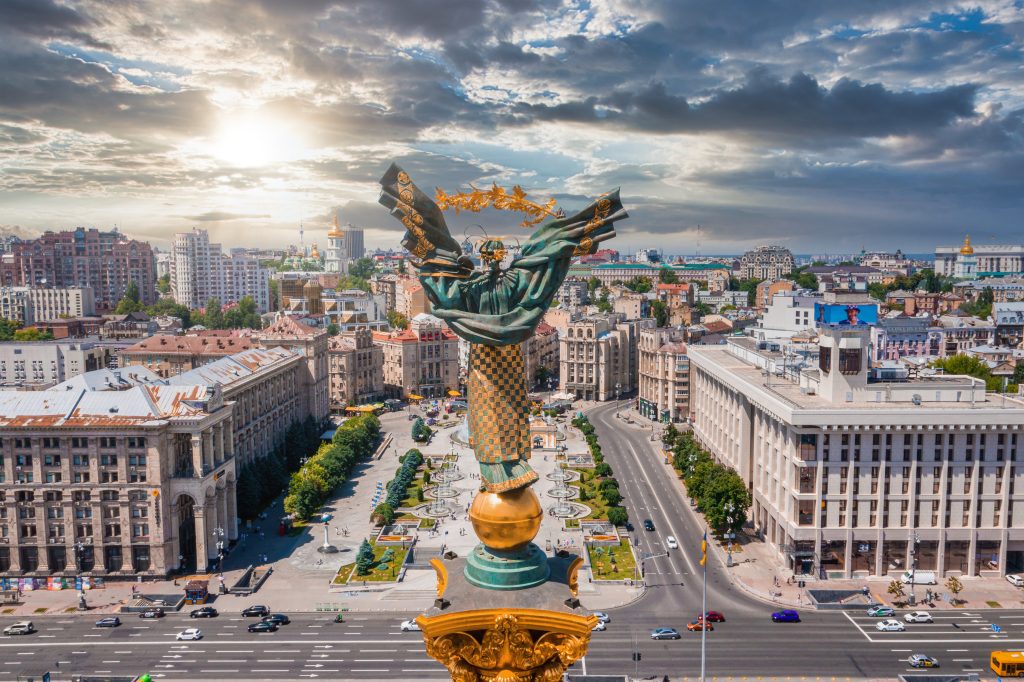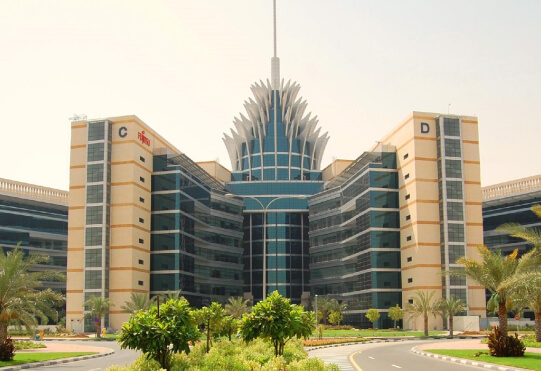With Expo 2030, Football World Cup 2034, and numerous giga projects, Saudi Arabia is becoming one of the most attractive business destinations in the world. In 2024, companies from various sectors are considering their expansion into Saudi. This article shares my tips on organizing a successful business development trip to Saudi Arabia.
Companies deciding to go on a business trip to Saudi Arabia usually have existing customers or hot prospects that can be closed when meeting them in person.
It may look like not a big deal at first: inform your prospects or contacts you are coming, book the time and the day and that’s it. Well, if you are a European or US business traveling within your region, that’s probably a no-brainer for you.
However, the approach to how and when you schedule your meetings, how you organize your stay and logistics, and some other elements in Saudi Arabia are different. So, let’s get right to it and look at those elements one by one.
The first step in organizing any business trip is to set up a date. It is crucial to know that the Saudi Arabian business season depends on the solar calendar, used by many institutions for financial planning, and the lunar calendar, which defines religious holidays and business activity peaks.
In the financial year, which starts on January 1 and ends on December 31, the B2B business activities begin in January and grow towards April – May. It slows down due to the summer holidays and peaks again towards the end of the year. In the Islamic calendar, business activities start after the Eid al Adha holidays, grow, and peak around one month before Ramadhan, then slow down in Ramadhan and the end of it for two months, up until the next Eid al Adha.
It is important to understand that as opposed to B2B activities, which usually slow down in Ramadhan, B2C business activity peaks in Ramadhan, where you can find thousands of Ramadhan offers. So, if you visit a week before or during Ramadhan, your visit will be most likely forgotten pretty soon.
If you are a B2B company from outside Saudi Arabia, the next time you can visitthis year is the end of April – May 2024, after the next holy month of Ramadhan takes place on March 10. After that, there will be the Eid al Adha holidays in June, then July and August will be slow because of the summer, and normal business activity will resume again around September 2024.
What you have to understand is that if you schedule your visit before a lengthy slow-down phase, the efficiency of your business trip will be much lower compared to if you set the date for the beginning of a new activity phase.
I recommend scheduling your meetings no earlier than six weeks and no later than two weeks before your trip. The more senior people you are going to meet, the more in advance you should plan. However, if your meeting brings mutual value, you can schedule it even 2 or 1 week before your visit dates.
When requesting a meeting, pay attention to the way your contacts respond and confirm the meetings with you. Some of them may say ”Please let me know one week before you come,” or “Give me a call when you arrive.” These answers are a pure Saudi tradition. When potential partners tell you that they will meet you but don’t give you the exact time, it could be just a polite refusal or a sign that your meeting is not a priority. You should have that in mind and analyze the reasons. Maybe they don’t know your company well enough, or they don’t have a critical need for your offer, or they judge you by your digital profile on social media.
Even though most Saudis in business have already been using Google Calendars to schedule meetings and be sure they attend on time, keep in mind that Saudi Arabia still has that scheduling/ rescheduling culture, so be ready for some meetings to be moved.
I remember the days when I tried to have 5 or 6 meetings a day. I was either driving a car myself or had a driver with me. But when you do so many meetings, especially in summer, getting in and out of the car makes you sweat, your brain drains, and you are in a constant rush for the next meeting. My advice is to have no more than three meetings a day so that you can refresh your mind, eat, go back to the hotel, change your clothes, and check your emails and messages.
But most importantly, having enough free time will make you more relaxed and less stressed, which is the key to success in Saudi Arabia. When seeing you sweat from heat, or being in a rush, people who see you in the first place will be unlikely to want to deal with you further.
Also, by having enough space in between the meetings, you leave your doors open for possible follow-up meetings with those who are interested in dealing with you or learning more about you.
Remember that your business contacts may also invite you for lunch or dinner, or even offer you to spend some time with them informally in Majlises, special places at homes of Saudis, or Istirahat, a small villa at a specially designated area out of the big cities, where friends of the same gender usually get together.
I recommend spending as many days as possible, at least three or four days, even if you have just a few meetings. It will give you more time to meet with people, build relationships, and get a sense of the local business culture.
It will also give you more time to relax and enjoy the country. Saudi Arabia and its biggest cities – Riyadh, Jeddah, and Dammam have a lot to offer. So take some time to explore them!
First of all, it is important to select a good hotel. No matter how well your company is known, your local partners in Saudi will still judge you by the level of hotel you stay in. Many times I have been in this situation where I was not staying in the best hotel, and my partners were asking me about where I was staying. After I told them the name of my hotel, the meeting never happened. When I was staying in luxurious hotels, my business partners were even ready to come to my hotel instead of inviting me to their places. So the level of the hotel you’re staying in works like magic in the Arab world.
Choose the newly built hotels located close to the business districts. You’ll get the necessary status and will save time for commuting to the main hotspots of the city. If you are visiting Riyadh, I would recommend staying in Double Tree Hilton, Faisaliah, or Movenpick. Ritz Carlton is the most expensive and most luxurious option, but the problem is that it is very vast, and is often reserved for VIP political delegations, which means sometimes your driver or taxi will be stopped at the entrance to wait until a delegation comes or leaves.
Your transportation to the meetings is also very important. Roads of the biggest Saudi could be very hectic, despite the major improvements in traffic in the last few years. It is better to have someone who knows the city well and has a good car. If you don’t have a driver reserved before you come, it is easy to talk to any Careem driver to work with you by the hour, and you will be safe to come and leave your meetings without annoying your host by overstaying their office and waiting for your taxi to come.
Some big companies cannot work with new vendors directly, so if they are interested in working with you, they will most likely want to work with you through one of the existing registered vendors and invite you to meet with them. Some people may think that it’s a fraud, but it is not necessarily.
Talking about dress code, wearing a European business suit, or something smart casual is the ideal option for men. For women, it is important not to wear suits with many body parts open, so a classic business suit with pants is an ideal option. When meeting locals, you could also get a scarf to cover your head, though for foreign women it is not compulsory anymore. However, if you are going for a gathering with lots of locals, getting a stylish black abaya will only benefit you by showing your respect for local culture and traditions.
And three final tips are, don’t do only business, reserve some time for sightseeing. Your sincere admiration of the country during your meetings with Saudis will make you a desired guest on your next visit and will open doors for good personal relationships.
Don’t have big expectations from your first meetings, business in Saudi is a long-shot game. Whatever does not happen in your first visit, can happen when you double your efforts next time.
And finally, don’t judge people by their words. In Saudi Arabia, it is inappropriate to tell the guests unpleasant things. Judge people by their actions, their follow-ups, and responses to your emails after you leave the country.
Wishing you good luck with your business trips!



